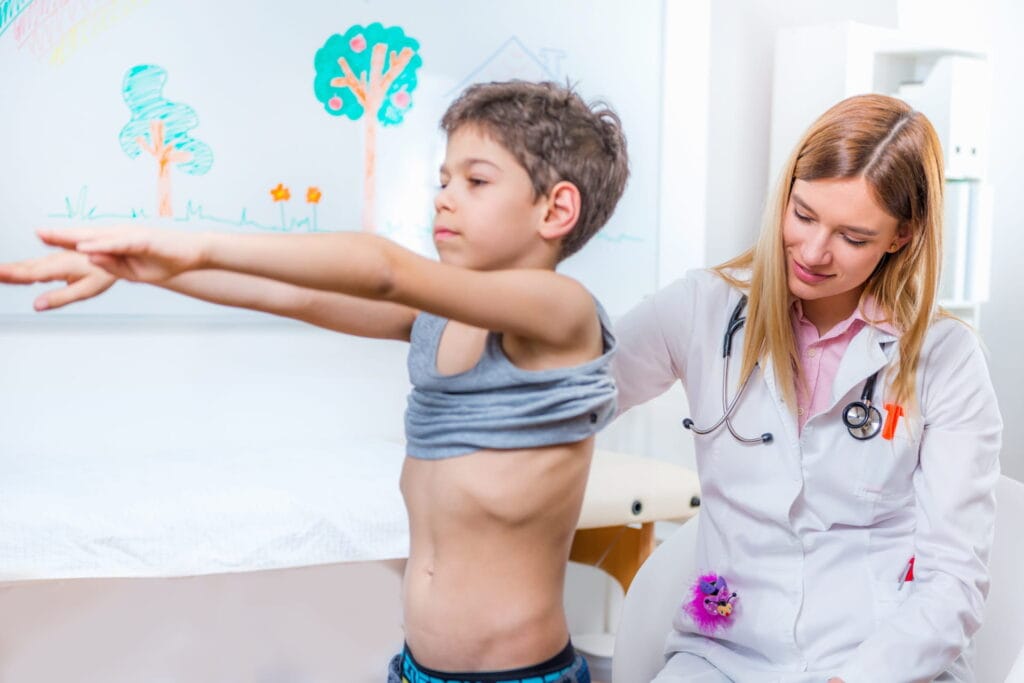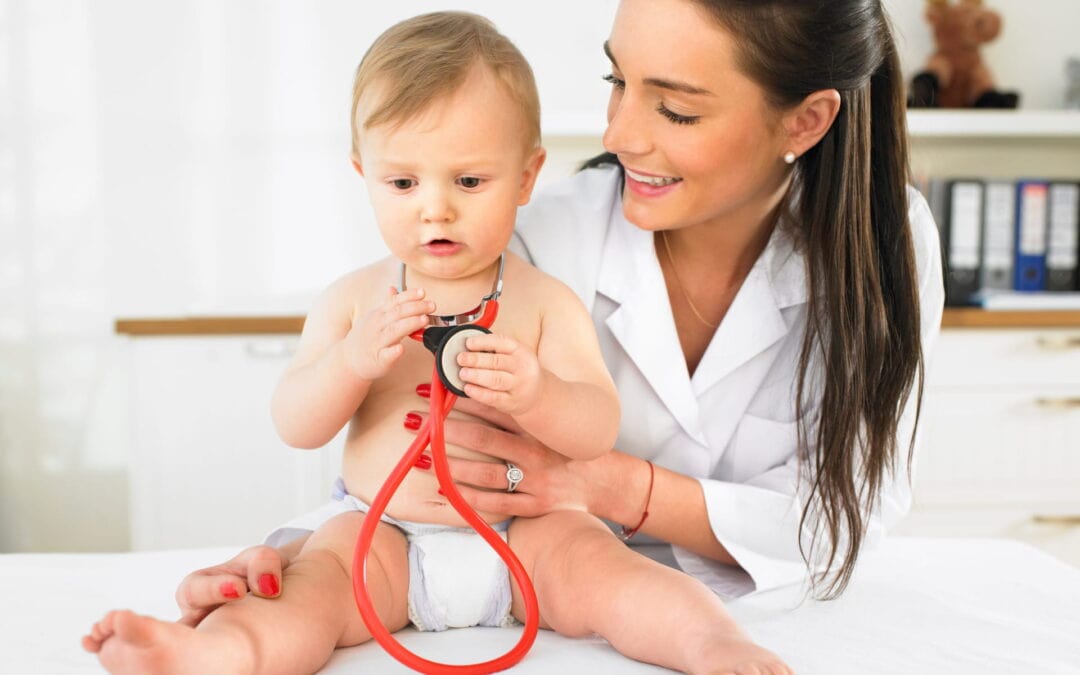Respiratory Syncytial Virus (RSV) is a common, yet potentially severe, viral infection especially in young children. As parents, it’s crucial to understand the risks, signs, and most importantly, the prevention strategies with the help of your local pediatrician to protect our little ones. Let’s dive into the world of RSV and arm ourselves with knowledge and tools to fight this virus.
Understanding RSV Risks
What exactly is RSV? This contagious virus is known for causing respiratory tract infections, and while it can affect people of all ages, children under two are particularly susceptible. According to the Centers for Disease Control and Prevention (CDC), nearly all children will have been infected with RSV by their second birthday. Recognizing the risk factors, such as premature birth or a weak immune system, can help in taking early precautions.
Signs to Watch For
The symptoms of RSV might mimic a common cold, including cough, congestion, and fever. However, in infants, the only symptoms might be irritability, decreased activity, and breathing difficulties. The American Academy of Pediatrics advises that if your child shows any signs of severe RSV symptoms like rapid breathing or a bluish skin tone, it’s time to seek immediate medical care.
Prevention Strategies Unveiled
Preventing RSV involves simple yet effective measures. Hygiene plays a pivotal role. Regular hand washing and cleaning surfaces can significantly reduce the risk of RSV transmission. The U.S. Census Bureau highlights the importance of personal hygiene practices in reducing pediatric viral diseases.
Daily Habits Checklist
Ensuring your child practices good hygiene is vital. Regular hand washing with soap, especially before meals and after playing outside, is a key step. Cleaning toys and frequently touched surfaces also helps in limiting the spread of the virus.

Immunization Insights
While there is currently no vaccine available for RSV for the general population, clinical trials are ongoing. The World Health Organization (WHO) has information on the latest developments in RSV vaccine research. Keep in touch with your pediatrician for the most recent updates and recommendations.
Your Pediatrician’s Role
Your child’s pediatrician is your ally in the fight against RSV. Regular check-ups allow for monitoring your child’s health and discussing preventive measures. The Pew Research Center reports that consistent pediatric care plays a crucial role in early detection and prevention of viral infections in children.
Schedule and Plan
Planning your visits to the pediatrician and discussing RSV specifically should be part of your child’s health routine. This ensures that you are up-to-date with the latest pediatric preventive measures and treatments.
Nutritional Defense
A balanced diet rich in vitamins and minerals and staying hydrated with purified or filtered water (not juice) can boost a child’s immune system. The American Nutrition Association recommends foods like fruits, vegetables, and whole grains to strengthen immunity and help ward off infections like RSV.
Handling RSV Exposure
If your child has been exposed to RSV, monitor for any symptoms and consult your pediatrician. In some cases, isolation or medical care may be necessary to prevent the spread and manage the symptoms. The CDC’s guidelines on managing RSV exposure provide a comprehensive approach.

Community Awareness
Creating awareness about RSV in your community, including schools and daycares, is essential. Educating other parents and caregivers can lead to collective preventive efforts. The American Public Health Association emphasizes the role of community awareness in preventing the spread of infectious diseases.
Key Takeaways
- Understand the risks and signs of RSV, especially in young children.
- Implement simple hygiene practices like regular hand washing and surface disinfection.
- Keep up with pediatrician visits for updates on RSV prevention and care.
- Foster a strong immune system in your child through a nutritious diet and staying well hydrated with pure water.
- Raise awareness about RSV in your community to enhance collective prevention efforts.
While RSV can be a cause for concern, being informed and proactive can make a significant difference in keeping your child safe. Engaging with your pediatrician, staying updated on preventive measures, and fostering a strong immune system in your child are key steps. Additionally, spreading awareness in your community helps in creating a safer environment for all children.
As we navigate the challenges of RSV, it’s important to remember that information and preparedness are our best tools. For the most current information and guidance, always refer to reliable sources like the CDC and WHO, and maintain regular communication with your child’s healthcare provider. By taking these steps, we can confidently manage the risks associated with RSV and ensure the well-being of our children.

